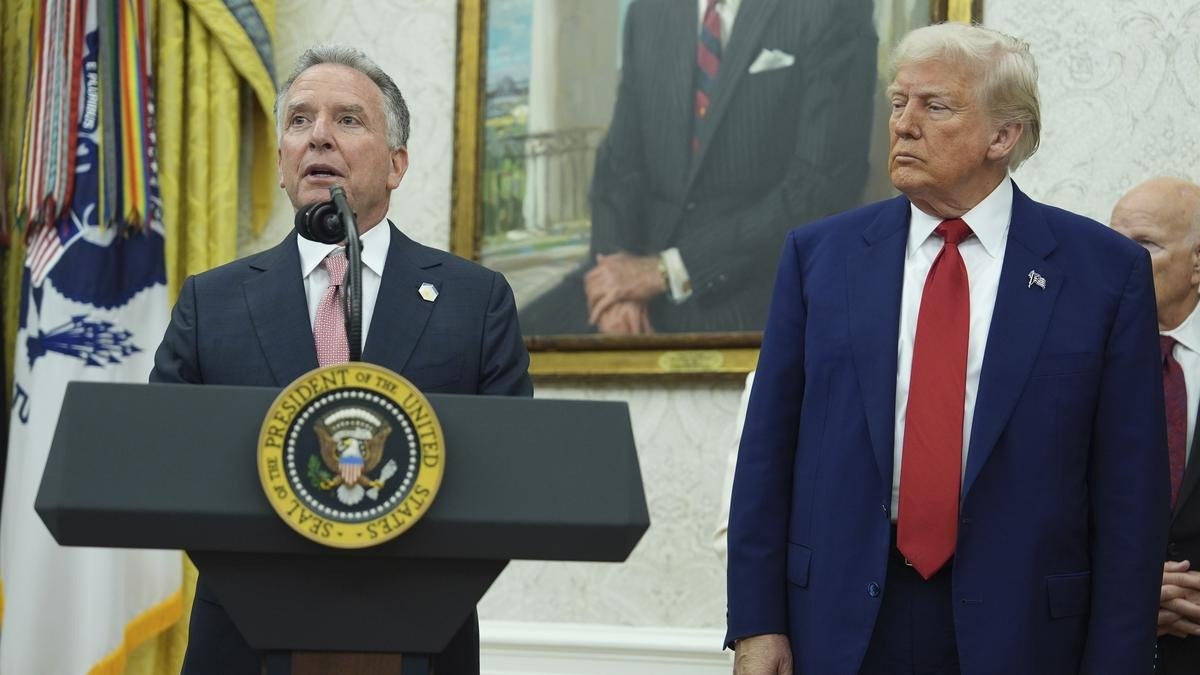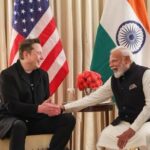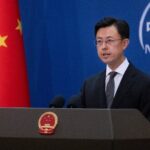Rome, July 23, 2025 —
In a significant diplomatic development, Steve Witkoff, a key envoy of former U.S. President Donald Trump, is set to arrive in Rome on Thursday, July 24, for high-level discussions centered on the ongoing humanitarian and political crisis in Gaza. According to U.S. officials familiar with the matter, Witkoff’s trip includes crucial meetings with Israeli Minister of Strategic Affairs Ron Dermer and a senior Qatari envoy, underscoring a rare trilateral dialogue on one of the world’s most volatile conflicts.
The scheduled talks come at a time when tensions in Gaza remain at critical levels, with international observers warning of worsening conditions and escalating violence. Witkoff’s European tour signals Trump’s renewed interest in Middle East diplomacy, even as he campaigns ahead of the 2026 midterms and attempts to bolster his foreign policy credentials through unofficial backchannel negotiations.
A High-Stakes Mission: What’s at Stake in Rome
Steve Witkoff, a longtime real estate developer and Trump associate, has emerged as an informal liaison for foreign policy issues under Trump’s shadow diplomacy efforts. While not holding any official role in the current Biden administration, Witkoff’s proximity to Trump and his increasing involvement in international affairs has turned global attention to this meeting.
According to sources, the Rome talks will revolve around three key issues:
- Securing a temporary ceasefire in Gaza, where hostilities between Israeli forces and Hamas have intensified in recent months.
- Facilitating humanitarian aid access to besieged Palestinian regions through Qatari and international channels.
- Exploring long-term conflict resolution strategies, possibly through renewed Qatari-Israeli engagement, with U.S. private diplomacy acting as a bridge.
The Players: A Delicate Balancing Act
Steve Witkoff – The Unofficial Diplomat
Though lacking formal diplomatic training, Witkoff has been increasingly used by Trump for sensitive missions. Insiders say his recent moves reflect Trump’s intention to remain politically relevant in global affairs and possibly craft an alternative foreign policy platform to that of the Biden administration.
Witkoff’s reputation in business and personal ties to major political and regional figures make him an unconventional, yet potentially effective intermediary. This Rome meeting is being seen as a test of his ability to act as a broker in one of the most protracted geopolitical deadlocks in modern history.
Ron Dermer – Israel’s Strategic Insider
As Israel’s Minister of Strategic Affairs and a close confidant of Prime Minister Benjamin Netanyahu, Dermer is no stranger to high-stakes diplomacy. Having served as Israel’s ambassador to the U.S. for several years, he has a strong working relationship with Trump-aligned officials and brings significant weight to the Rome discussions.
His participation signifies that Israel is willing to engage in off-the-record talks outside the confines of the Biden-led diplomatic ecosystem.
Qatari Envoy – Quiet Power Player
While unnamed publicly for security and political sensitivity, the Qatari envoy’s presence is highly significant. Qatar has long served as a mediator between Hamas and the broader international community. Its role in channeling humanitarian aid, hosting exiled leaders, and navigating regional diplomacy has made it a central figure in the conflict resolution process.
Trump’s Shadow Diplomacy: A Growing Trend
This meeting is not occurring in a vacuum. It is part of a growing pattern where Trump and his allies engage in parallel diplomacy, particularly on issues where they believe the Biden administration has either failed or become diplomatically stagnant. While the practice of shadow diplomacy raises questions of legality and foreign policy coherence, it undeniably impacts global perception.
Analysts suggest that Trump’s team sees Gaza as a leverage point to showcase their ability to “make deals” and reassert influence in regions where American soft power is waning.
Reaction from Washington
The Biden administration has not officially commented on Witkoff’s European tour, although senior State Department officials have privately expressed concern over “mixed signals” being sent to international partners.
A former U.S. diplomat speaking on condition of anonymity said, “Any unofficial interference in delicate matters like Gaza risks undermining the coherent messaging needed for peace.” However, others argue that multiple channels of communication—official or otherwise—may open doors where traditional diplomacy has stalled.
Why Rome? The European Angle
Rome has often served as neutral ground for diplomatic talks, particularly when involving Middle Eastern stakeholders. Italy’s recent push for a stronger mediating role in global conflicts and its historical ties to both Arab and Jewish communities make it an ideal host.
European Union leaders, though not directly involved in the upcoming meeting, are closely monitoring the situation. The EU’s top diplomat, Josep Borrell, has repeatedly emphasized the need for a durable peace framework and humanitarian access, goals that align with the supposed objectives of the Rome summit.
Conclusion: High Hopes, Deep Uncertainty
Witkoff’s journey to Europe may not solve the Gaza crisis overnight—but it undeniably adds a new layer to an already complex diplomatic puzzle. Whether the talks lead to a meaningful breakthrough or become another footnote in a decades-long saga remains to be seen.
What’s clear is this: With unofficial diplomacy gaining traction, the global stage is no longer reserved solely for elected officials. The Rome meetings may represent a subtle shift in how power is projected, diplomacy is conducted, and peace is pursued in the 21st century.






Sprunki Incredibox brings fresh beats and visuals to the music-mixing world. It’s a fun twist on a classic, perfect for both new and seasoned players. If you’re into creativity, check out their Car Games too!